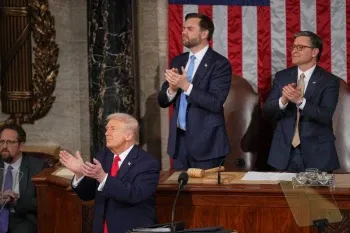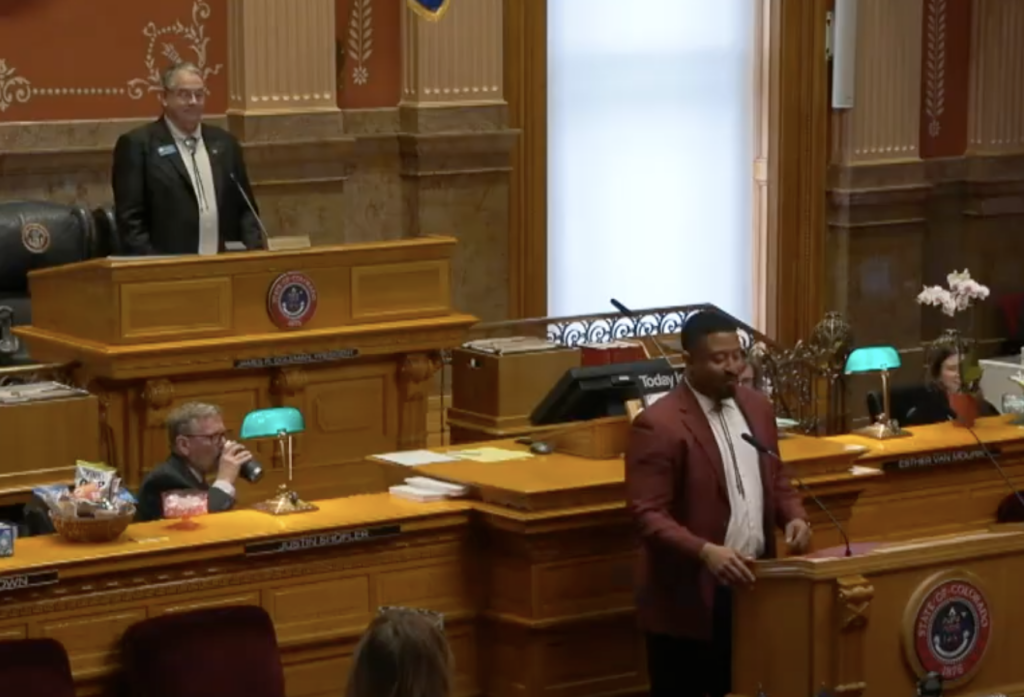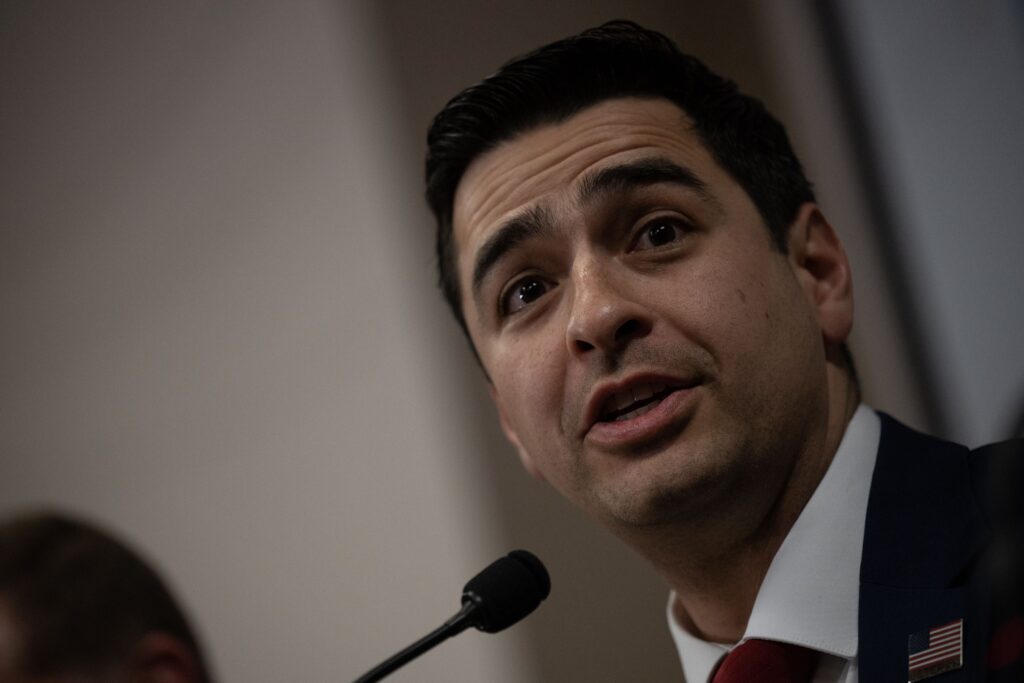Agritourism: A promising economic success story for Colorado

Growing up in Southern Colorado, I was fortunate to experience many of the activities that make Colorado wonderful. From farmer’s markets to dude ranches, whether it’s the Colorado State Fair or picking fruit at an orchard, agritourism is critical to Colorado’s agrarian lifestyle and economy.
While the term “agritourism” is a recently contrived term, it is not a new concept. In the United States, agritourism dates back to the late 1800s when urbanites would visit their friends and family in the county. It was a chance to escape the city way-of-life, particularly the pace and stresses of the city. After the Second World War, rural areas
throughout the United States experienced an increase in visitors looking for a change of scenery and different recreation options. Horseback riding, fishing, and a number of other rural recreational activities became popular with metropolitan residents.
In the United States, 98% of farms are family-owned and each American farmer feeds more than 156 people. It is no surprise that farmers and ranchers are critical to Colorado’s economy and to agritourism. In fact, Colorado’s agriculture industry is the second largest industry in Colorado, supporting more than 173,000 jobs in Colorado and contributing $41 billion to the state’s economy. The Colorado General Assembly celebrates “Agriculture Day” every year at the State Capitol. This is a day that is dedicated to thanking our ranchers and farmers. We recognize them for promoting agriculture and the day-to-day labor they perform for our state.
It is with that same spirit of promoting agriculture and tourism that Rep. Tim Dore, R-Elizabeth, and I decided to offer a novel bill that would create tax incentives for the promotion of agritourism.
Senate Bill 15-127 is a bill that helps promote Colorado’s agricultural heritage while at the same time helps Colorado’s tourism industry.
According to a recent Agriculture Marketing Service Report by the United States Department of Agriculture:
“Agritourism is increasingly recognized as a viable alternative enterprise for agriculture producers in many states, in order to make agritourism opportunities more available to agriculture producers, it will be necessary to provide additional resources so that producers can better maximize consumer participation.”
SB 127 works to accomplish this in two ways. First, the bill allows a private advertising or marketing agency the ability to deduct from its federal taxable income for state income tax purposes an amount equal to 50 percent of advertising services donated to local governments with fewer than 120,000 residents in tax years 2016-2020. The deduction is limited to $10,000 per marketing agency/per tax year.
If the city of Greeley wishes to promote the Greeley Beef Festival, or the town of Olathe wants to promote its Sweet Corn Festival, they can partner with an advertising and/or marketing firm to create banners, signs, newspaper ads, brochures, internet ads etc…to promote this agricultural related tourism event.
The second way SB 127 helps promote agritourism is by providing an income tax credit of up to $500 to individuals to offset the costs of purchasing agritourism equipment.
If a farmer or rancher purchases equipment used to engage in an agritourism activity, an income tax credit of 100% (up to $500) can be applied to offset the cost of that particular purchase. For example, if farmer in Sterling buys a new tractor in order to harvest his crop, and that farmer in return offers hay rides using that tractor or transports tourist for U-Pick harvests, he can then reimburse his tractor purchase, again only up to $500, with a tax credit. This credit is available for tax years 2015-2019.
SB 127 is an important bill that compliments agriculture/tourism. Today we have the opportunity to help promote both industries by helping rural communities promote agritourism events, like local farmer’s markets, and by helping the individual farmers and ranchers by offsetting some of the costs generated from doing business. I believe this bill will help promote agritourism in Colorado, strengthen our economy, and support hard-working ranchers and farmers.
I’m excited to be working with so many throughout the state to protect and promote this uniquely rural industry. I will continue to work across the aisle in hopes of ensuring this bill becomes law. SB 127 has already passed the Senate Agriculture, Natural Resources & Energy Committee unanimously on February 11 and subsequently passed the Senate Finance Committee with bipartisan support on February 19. The legislation now awaits a hearing before the Senate Appropriations Committee before moving to a vote by the whole Colorado State Senate.
Agritourism includes many activities including corn mazes, hay rides, horseback riding, viewing wildlife, and fishing just to name a few. For more information on Colorado agritourism, visit https://www.colorado.gov/pacific/agmarkets/agritourism.
Leroy Garcia is a state Senator representing Colorado’s Senate District 3, which encompasses the Cities of Pueblo, Pueblo West and part of the community in Salt Creek
Colorado Politics Must-Reads:














